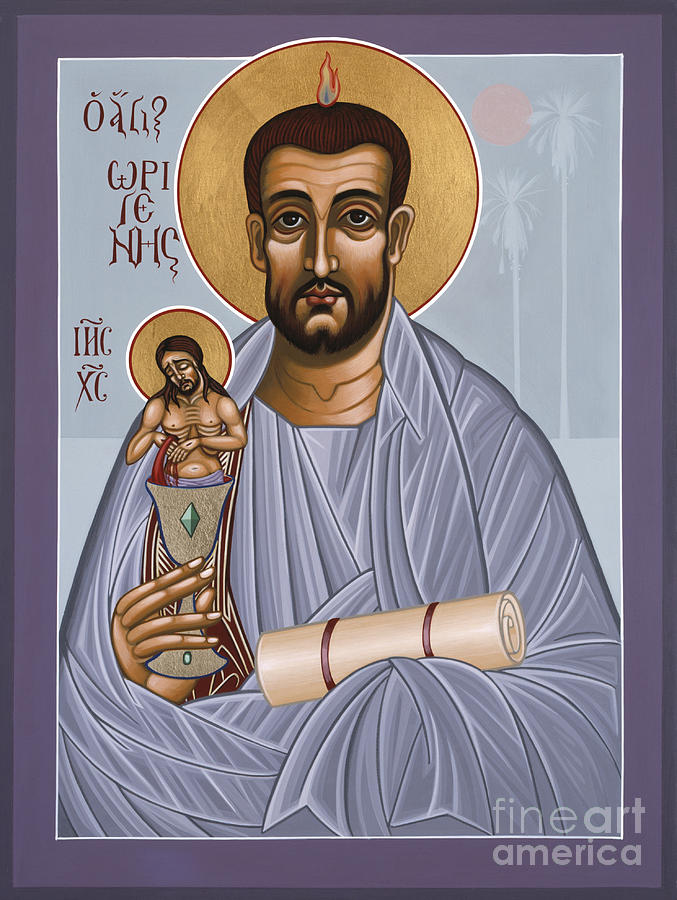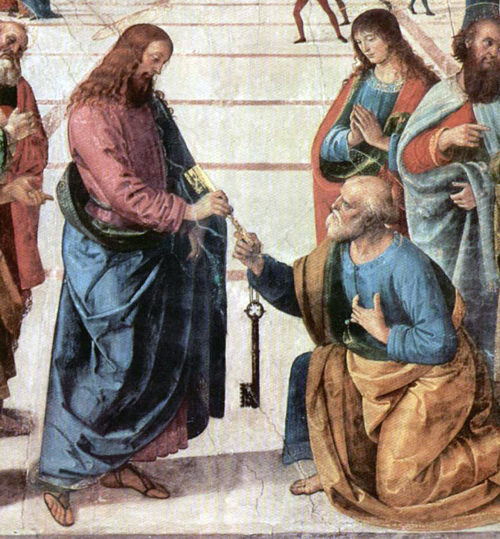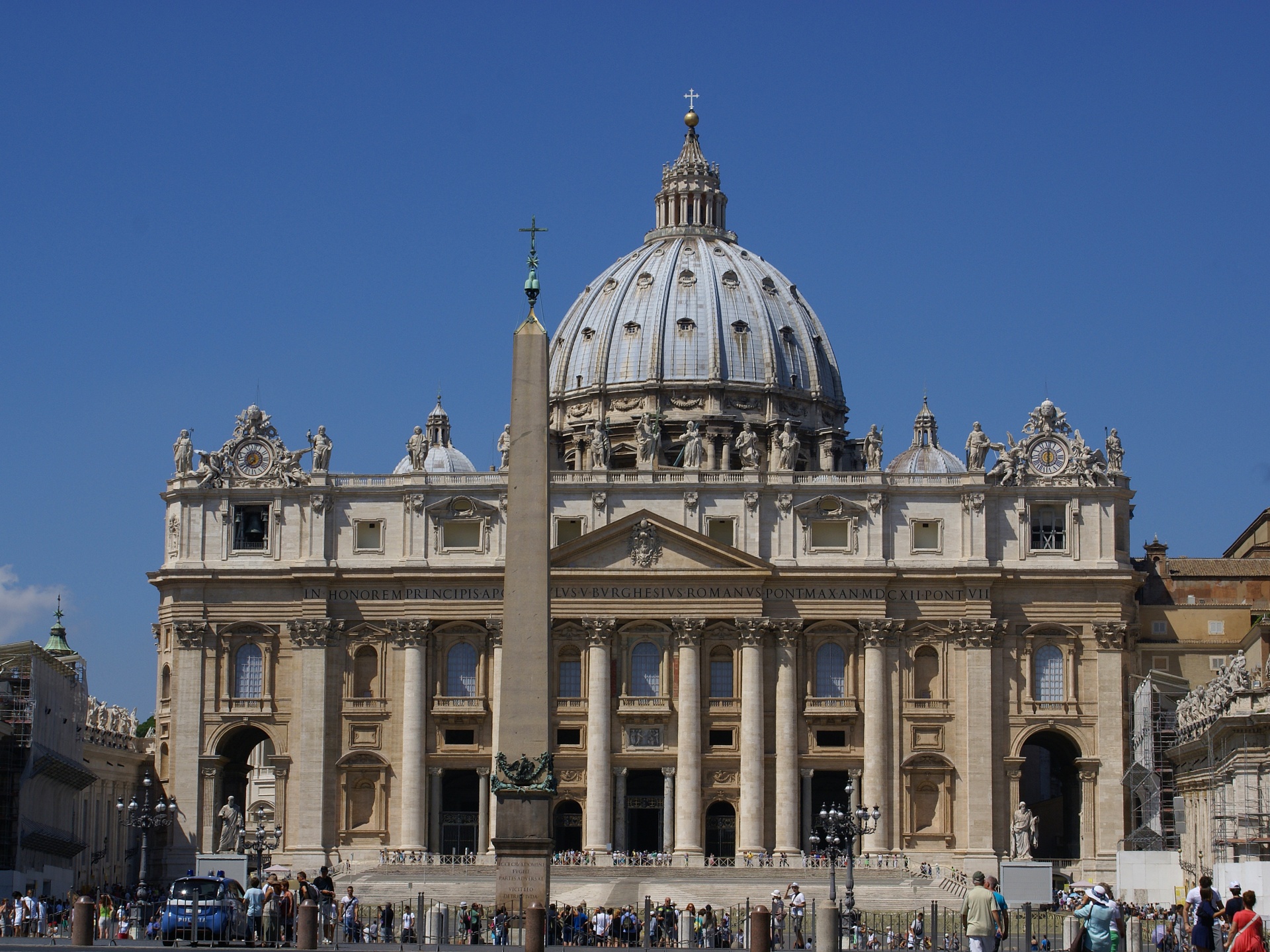 |
| Origen the Theologian |
Pope Fabian reigned from 236 AD to 250 AD as captain of the Bark of Peter, while a relative calm descend on the Church. He tended to the Church with a missionary spirit, appointing 7 missionary bishops to go throughout France, bringing them the Good News. Most of them were martyred, however not by Rome this time, but by pagan barbarians.
Origen of Alexandria. (185 AD – 253 AD) became famous for a debate he had with a pagan philosopher, at this time. Christianity had grown to the point that pagan philosophers felt the need to address this movement.
Origen is still considered to be one of the greatest Bible scholars of all time. He was a teacher at, The Catechetical School of Alexandria, which was the oldest catechetical school in the world. It functioned similarly to a college of today. St. Jerome records that The Catechetical School of Alexandria was founded by St. Mark – the writer of the second Gospel.
Under the leadership of the scholar Pantaenus, the school of Alexandria became an important institution of religious learning, where students were taught by scholars such as Athenagoras, Clement of Alexandria , Didymus, and the great Origen, who was considered the father of theology, and a leader in the field of commentary and comparative Biblical studies. Many scholars visited the school of Alexandria to exchange ideas and to communicate directly with its scholars.




